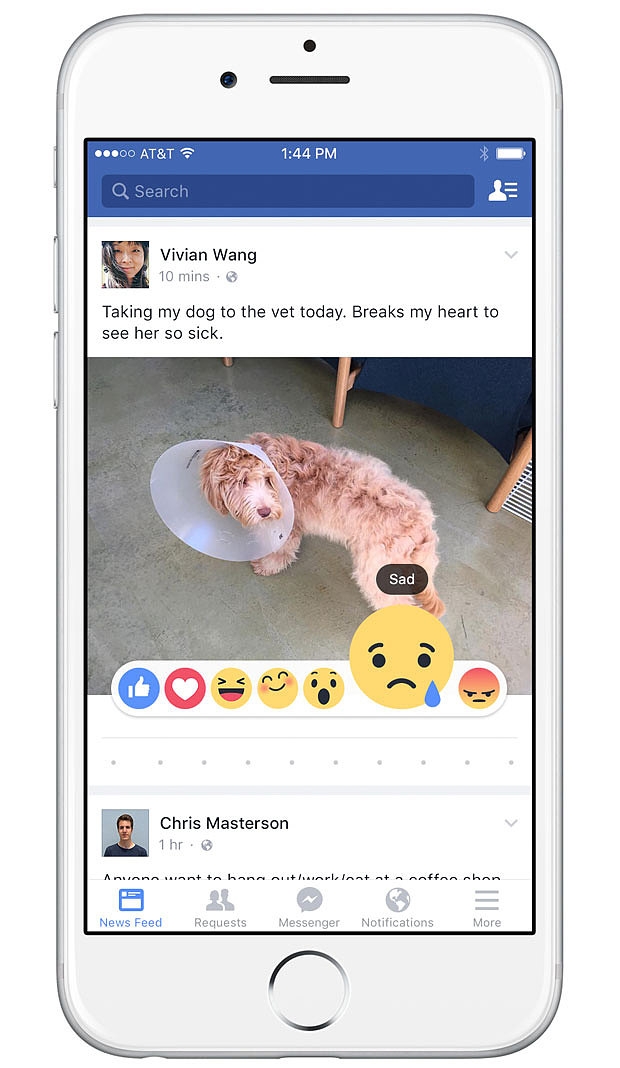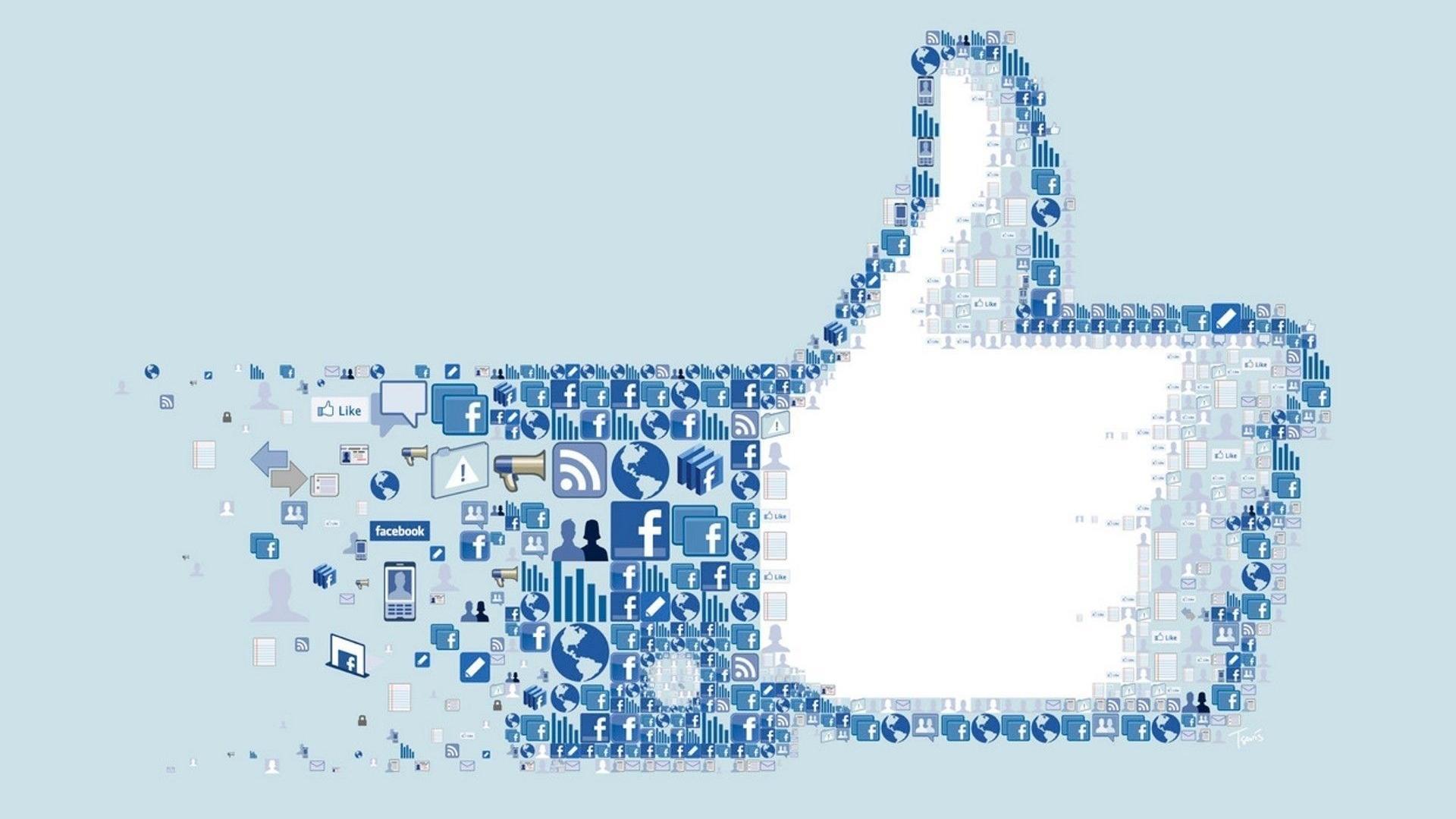When Mark Zuckerberg announced that Facebook was working on a way to expand the Like button back in September, many believed this signalled the arrival of a Dislike button for the platform. The social media gaint's CEO did say, however, that the new feature would be used more for situations where "expressing empathy" beyond the Like button was called for. Today, sources have claimed that Facebook will start rolling out Reactions, a set of six emoji which can be accessed via the Like button to express laughter, shock, love, sadness, happiness, and anger - which is possibly the closest we'll get to a Dislike option.
The feature will start to roll out tomorrow, but Facebook will initially only be testing it on users in Ireland and Spain - although it is expected to expand further. Adam Mosseri, Facebook's director of product, said the thinking behind choosing these two countries is that as they both have largely national user bases without extensive international friend networks, therefore they work better as closed test groups. Testing Reactions in Spain also lets Facebook see how well the feature is received by non-English users.

The new emojis will be available on the desktop and mobile versions of Facebook. Smartphone users can access them by tapping on the Like button, while anyone on a desktop can select the emojis by hovering the mouse pointer over the Like option or clicking on it.
Facebook will also tally and show the Reactions for each post. So you'll not only be able to see how many people liked something you posted, but also how many found it sad, loved it, laughed at it, and so on. Mosseri also pointed out that, although they did consider it, there will be no option for users to turn off Responses for their posts, according to TechCrunch.

Using the Like button has always felt inappropriate for certain posts, particularly ones expressing bereavement. It seems as if Reactions may be the solution to this delicate problem. And while there will be those who bemoan the lack of an out-and-out Dislike button, many were worried its introduction would have brought an unwanted extra level of animosity to Facebook.
